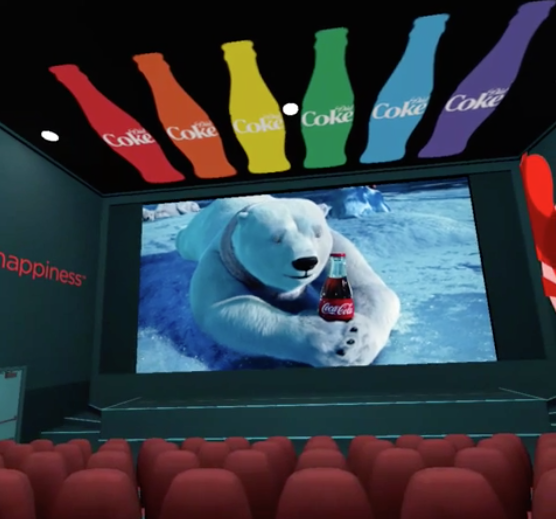Virtual reality is where cell phones were about 10 years ago—a lot of potential, an increasing number of consumers investing in them and a whole lot of room to grow. With an increasing amount of VR content becoming available and mobile VR becoming more accessible, brands are ever-so-cautiously dipping their marketing toes in the hype pool.
While VR creates opportunities for brands to reach an immersed audience, only about eight percent of marketers are testing it out. Overall, consumers seem to be on board with the idea, according to a study by YuMe, with 66 percent of who have tried VR believe it creates a positive view of brands. The report entitled, “Seeing Is Believing” revealed that 86 percent of consumers have heard of immersive technology like VR, AR and 360-degree video, while 29 percent of consumers have tried it.
In a separate study testing the effectiveness of marketing in VR, brand recall was at least 8 times more effective across all brands with immersive VR as well as double the intent to share. Augmented or mixed reality is a popular choice for consumers dreaming of a virtual future. According to a study from Ericsson ConsumerLab, shopping was the top reason worldwide smartphone users were interested in VR, with “seeing items in real size and form when shopping online” cited by 64 percent of respondents.

Adobe is currently experimenting with VR advertising and presented a few prototypes at the 2017 Mobile World Congress. The ads appear in a simulated movie theater experience, with content playing on a virtual, 2D screen (similar to content made available by Netflix, HBO and Hulu). While immersive ads may become the TV commercials of the future, branded content has become a strong activation for the film and TV industries.
Wesley Snipes will star in a standalone VR short film to complement The Recall and Kong: Skull Island has its own, immersive VR experience for fans. Last month, FXX released a virtual hangout with “the gang” of It’s Always Sunny In Philadelphia to film Mac’s latest “Project Badass.” (Hint: it doesn’t end well.)
As VR, especially on mobile devices, becomes more accessible and the technology continues to evolve, so will opportunities for brands to advertise on the platform. Juniper Research predicts that hardware revenues from VR headsets, peripherals and 360-degree cameras will reach over $50 billion by 2021, up tenfold from an estimated $5 billion in sales in 2016.

